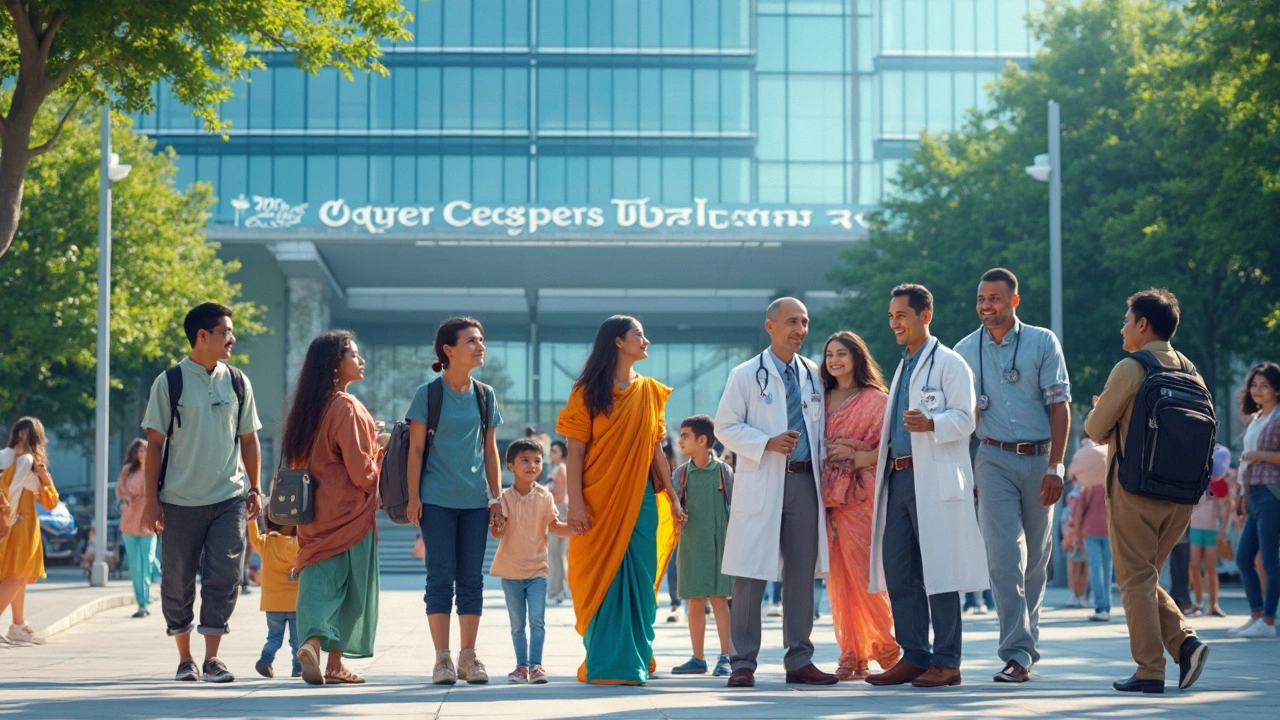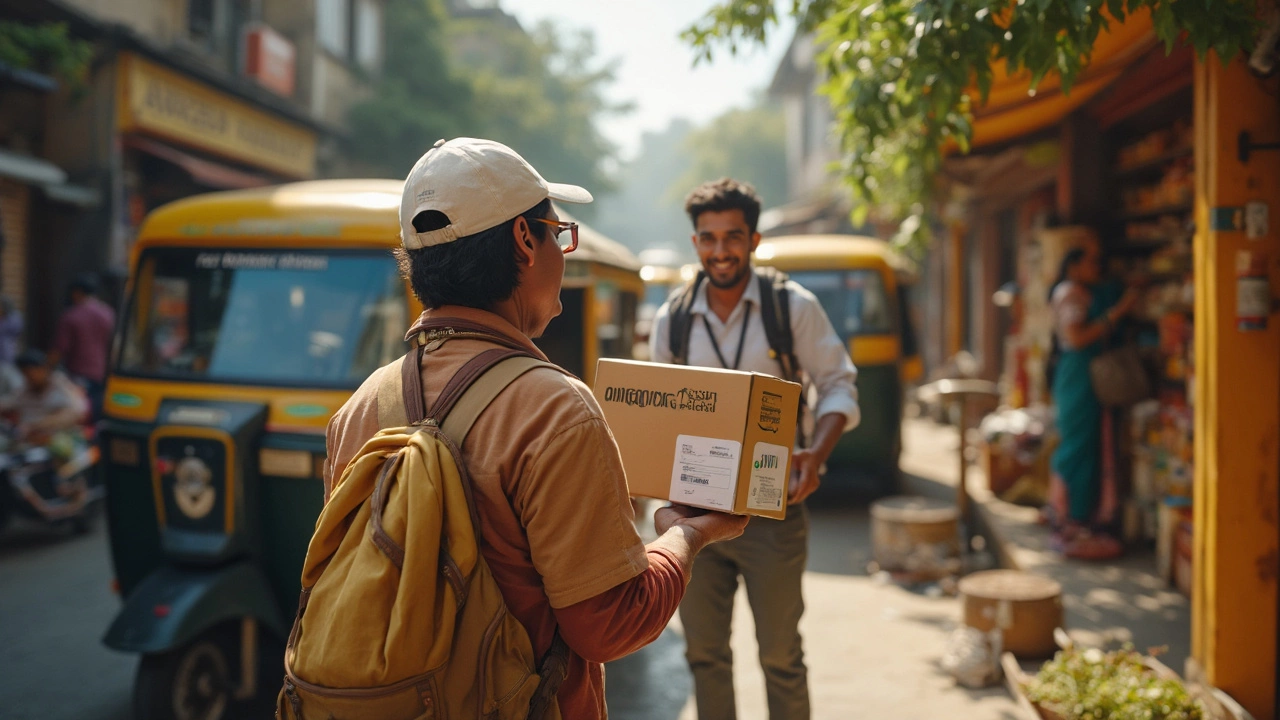Healthcare in India: What You Need to Know About Access, Costs, and Alternatives
When we talk about healthcare, the system that delivers medical services to keep people well. Also known as medical care, it’s not just hospitals and pills—it’s daily choices, recovery habits, and whether you can afford to get better. In India, healthcare isn’t one thing. It’s a mix of crowded public clinics, private hospitals with world-class physiotherapy centers, and millions of people using Ayurveda, herbal remedies, or home exercises to manage pain and move better.
Many people assume healthcare means seeing a doctor. But what if your real need is learning how to walk again after surgery, or finding out which herbs hurt your kidneys instead of helping? That’s where physiotherapy, a hands-on approach to healing movement and reducing pain without drugs or surgery. It’s a key part of modern rehabilitation. comes in. Over half the posts here focus on recovery after heart surgery, knee replacements, or managing diabetes—conditions where physiotherapy isn’t optional, it’s essential. And it’s not just about exercise. It’s about timing meals right, avoiding harmful supplements, and understanding how your body reacts after trauma.
Then there’s medical tourism, when people travel to get care cheaper or faster than at home. Also known as health travel, it’s growing fast in India because of lower costs and skilled professionals.. Americans, Europeans, and even people from other parts of Asia come here for knee replacements, heart procedures, or even dental implants. But it’s not all smooth. Insurance doesn’t always cover it. Hospitals abroad don’t always follow your home country’s rules. And recovery? That’s where you’re on your own. That’s why posts on what to expect in a foreign hospital, how long surgeries take, and whether your Medicare card works overseas aren’t just interesting—they’re life-saving.
And let’s not forget the hidden costs. A supplement like Ashwagandha might be called the "king of supplements," but if you’re on metformin or have kidney issues, it could do more harm than good. Eating bananas with diabetes? Timing meals by Ayurvedic principles? These aren’t lifestyle trends—they’re part of how real people manage chronic conditions every day. The healthcare system in India doesn’t always guide you through these choices. You have to find the right info yourself.
That’s what this collection is for. No fluff. No ads. Just real questions people are asking: Can I have oral sex after heart surgery? Is knee replacement worth the regret? What herbs should I avoid? How do I lose fat without starving? These aren’t theoretical. These are the things people wake up worrying about. And the answers? They’re here—in plain language, backed by real experiences and medical logic.
-
9
Ever wondered which US state truly leads in healthcare, especially for medical tourists? This article explores the latest stats and real-world experiences to uncover America’s top healthcare state. Expect straight talk: rankings, what it really means for patients, and tips for people seeking treatment from abroad. Get the lowdown on where cutting-edge hospitals, world class doctors, and smooth patient experiences actually come together. Medical tourists, this is your guide to making the smartest choice.
-
17
Amazon Pharmacy has become a go-to for many looking for the convenience of home-delivered prescriptions. But how long does it really take them to approve a prescription? This article dives into the various factors that affect approval times, what to expect during the process, and tips to make the journey faster. Whether you're a first-time user or a returning customer, understanding these elements can help set realistic expectations.

